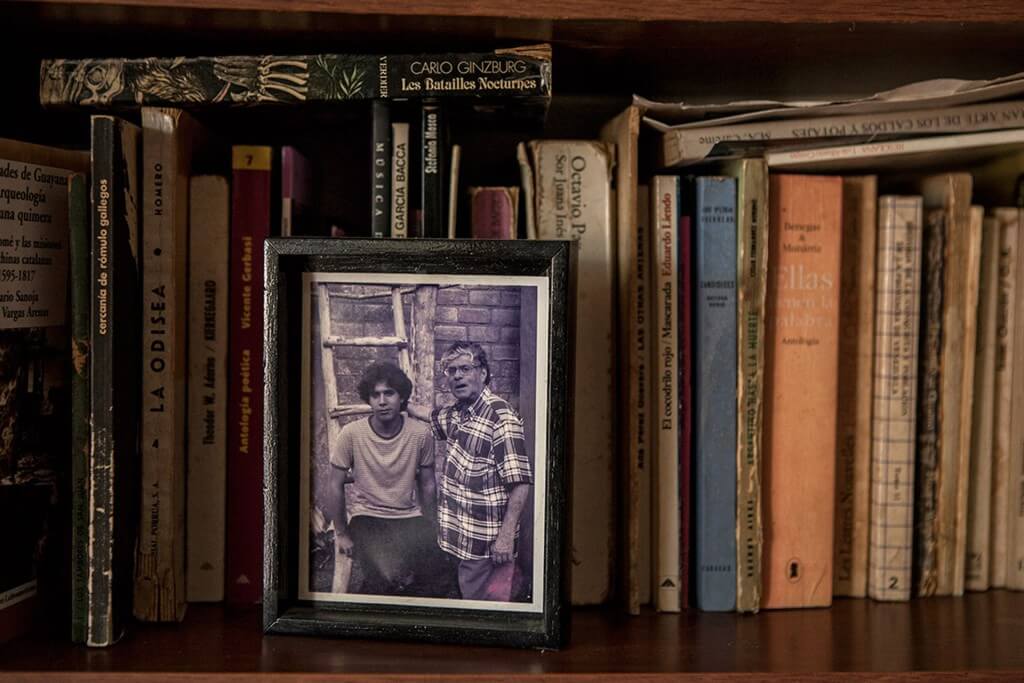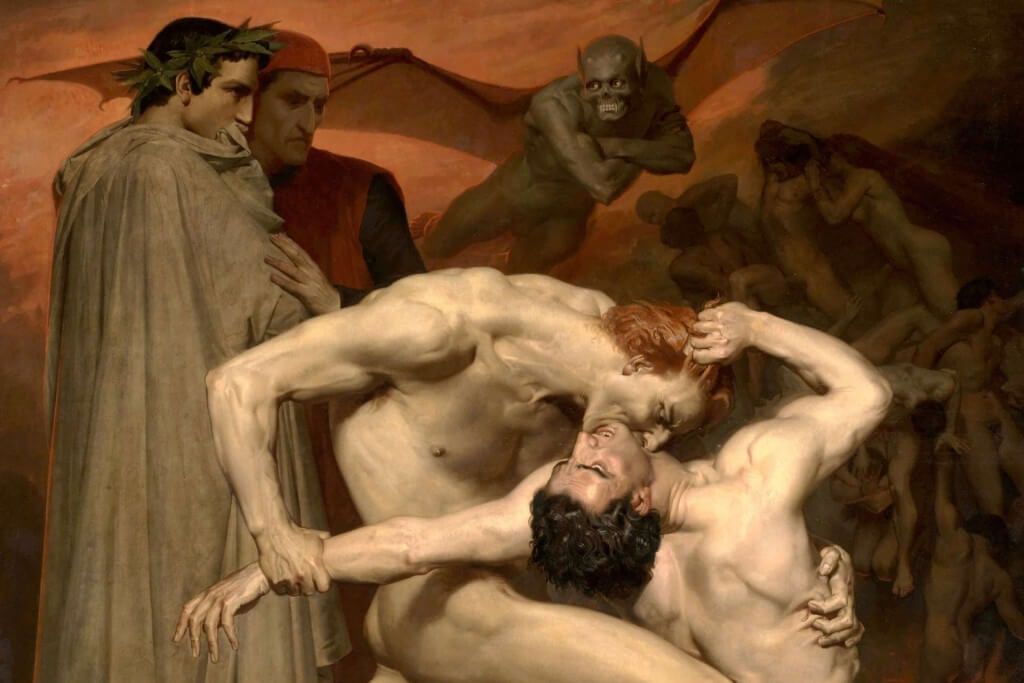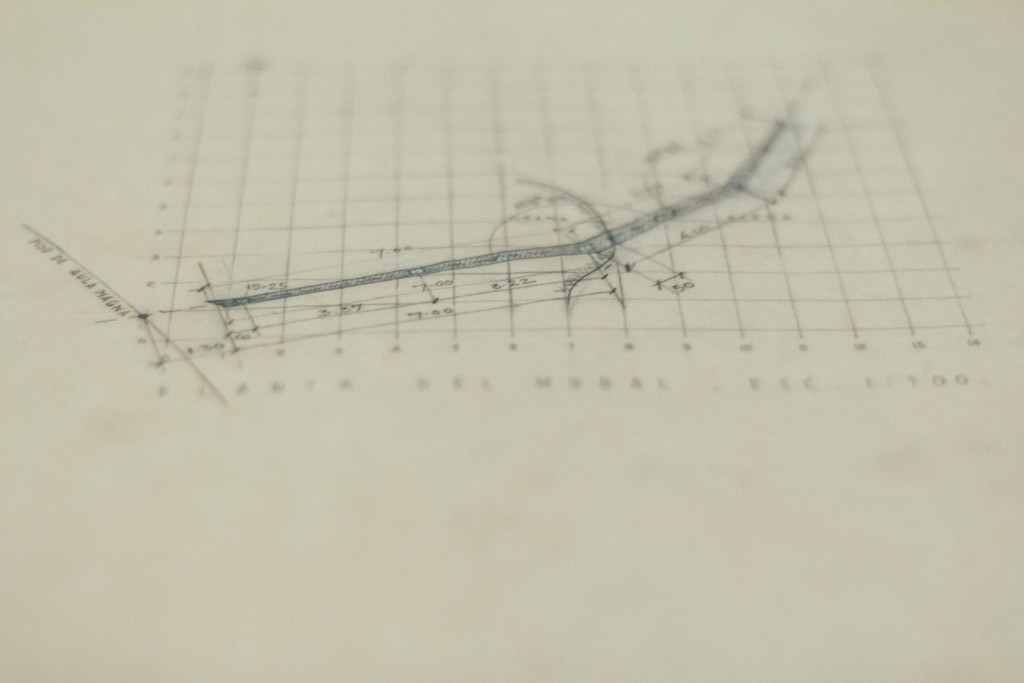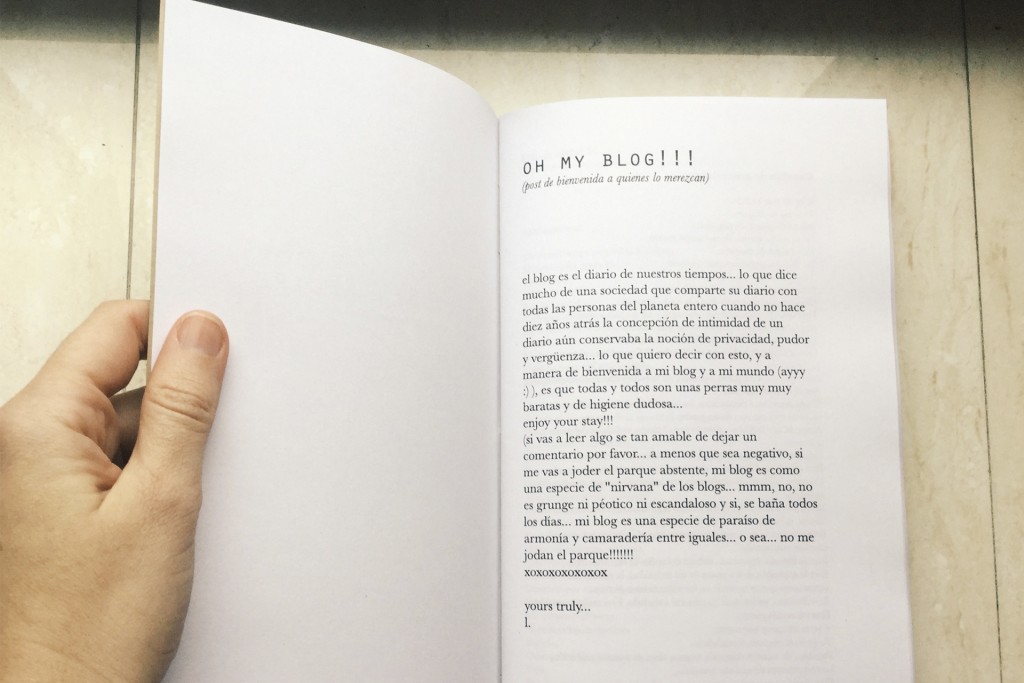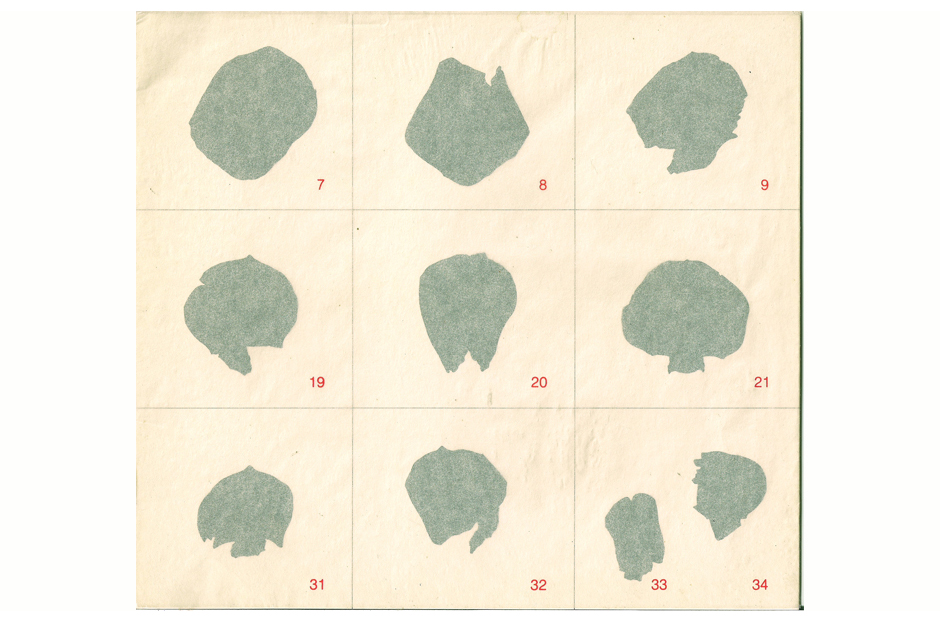Tag: Archive
The Library in the House
Writing about Adriano is not easy. Writing about his library isn’t easy, either. It is a notion too noticeable and at the same time swarming with certain sentimental family nothings that involve only me; or it is so very quotidian, to the point that though it is his library and it belongs to him, | … |
Deliveries: Final Projects
It is always moving to end a cycle when the experience has disrupted and produced palpable effects on those involved. It was an honor for us to be part of the seminar Micropolitics of Creation, Archives, and the Cities of the Future. It was also a true learning process, seeing ourselves through the gaze of | … |
Recording: Class with Luis Miguel Isava
On November 22, researcher, translator, and poet Luis Miguel Isava was invited to a session of the Micropolitics of Creation, Archives, and the Cities of the Future seminar, dictated by Professor Camila Pulgar Machado with Backroom Caracas as guest. We were fortunate to hear him speak about Jacques Derrida’s Archive Fever—the notion of archive and how it | … |
Deliveries: Visit to the Casona Ibarra
In one of those elusive spots on the campus of the Universidad Central de Venezuela is the Casona Ibarra, a colonial treasure that during the 1940s served as base of operations for Carlos Raúl Villanueva. From there, he directed the construction of the University City that Unesco declared World Heritage of Humanity in the year | … |
Haikus Without Prescription
“Reconstructing an essence” from the web into print. Today it is practically impossible to die completely. Our online life is a perpetual present, beyond our own disappearance. In this context, a new ritual has been set up to remember the deceased, especially if they were young: look at their Facebook profile, their last | … |
Record: Backroom in the Classroom
The July 12 session of the “Micropolitics of Creation, Archives, and the Cities of the Future” seminar began with a reading and a brief explanation by Natasha Tiniacos of some of Italian philosopher Giorgio Agamben’s concepts regarding the contemporary, since they have stimulated the editorial line of this platform. Quotations such as: “The contemporary is | … |






